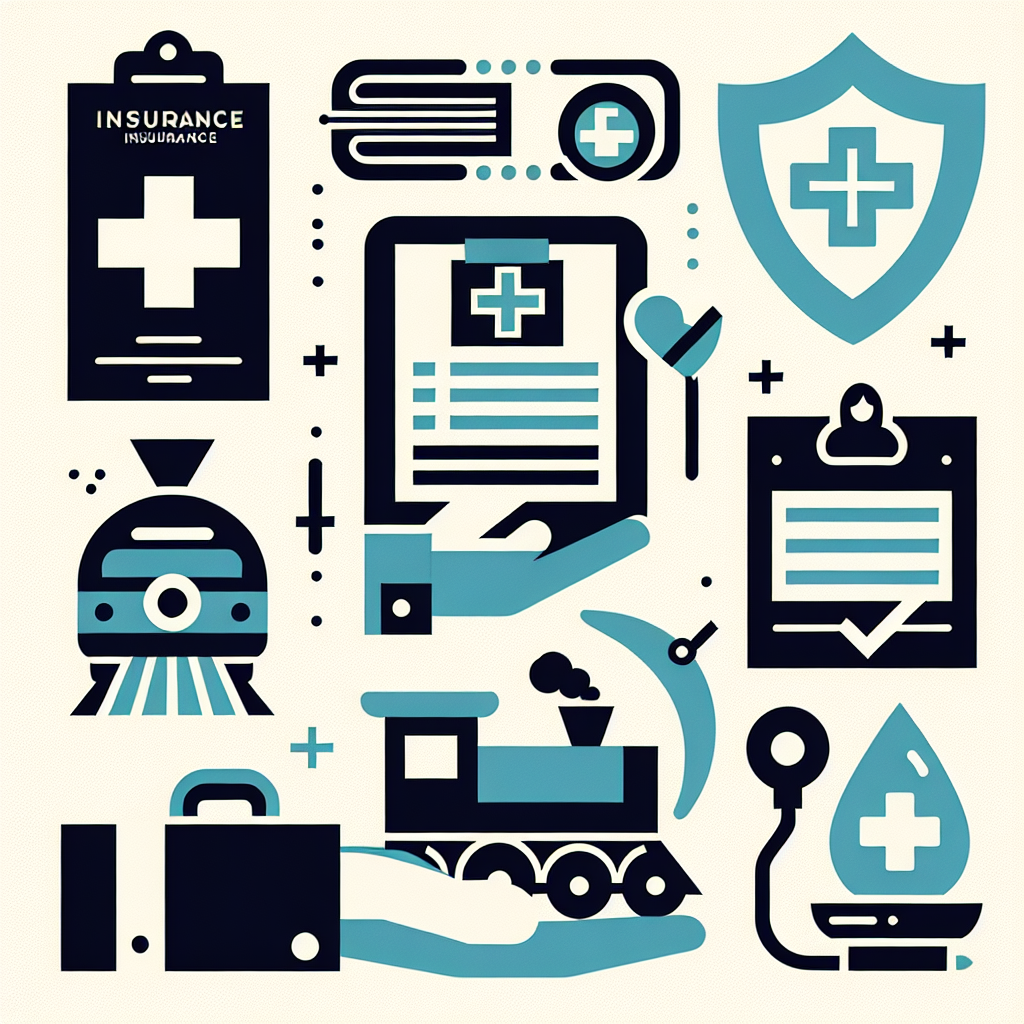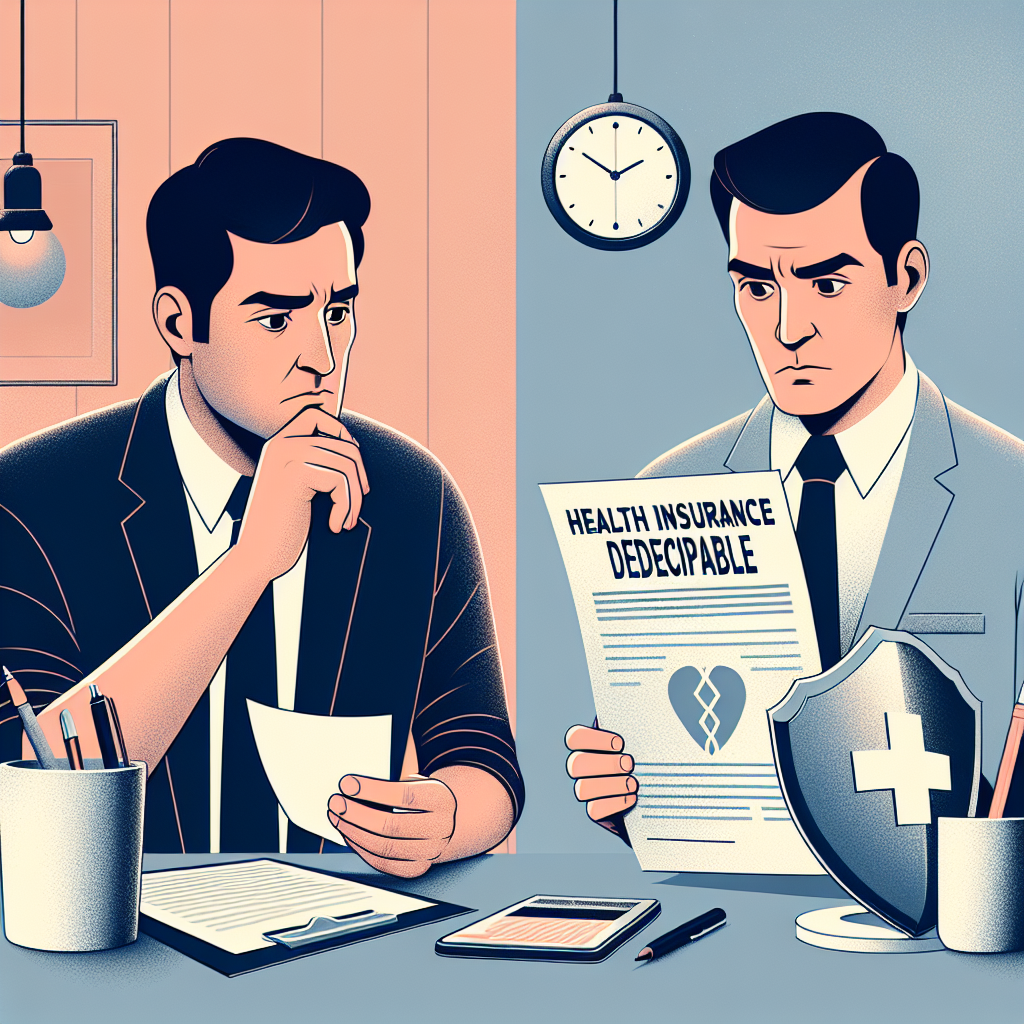Filed under Health Insurance on
Railway Health Insurance: What You Need to Know

Railway health insurance is an essential aspect of employment benefits for those who work within the vast railway industry. Just like any other sector, railway workers are susceptible to various occupational hazards and health risks. The right health insurance policy not only protects them but also ensures peace of mind. In this article, we'll delve into the intricacies of railway health insurance, its benefits, and how you can make the most of it. We will also answer some frequently asked questions to clear any doubts you might have.
Understanding Railway Health Insurance
Railway health insurance is specifically designed to cater to the health needs of railway employees and, in some cases, their families. This insurance offers a range of benefits, from routine health check-ups to extensive coverage for major medical procedures.
Why Is It Important?
Railway jobs can be physically demanding and stressful, with employees often working long hours in diverse weather conditions. This can lead to health issues, ranging from minor ailments to severe health complications. Railway health insurance serves as a financial safeguard against such uncertainties, ensuring that workers can access necessary medical care without the burden of hefty expenses.
Benefits of Railway Health Insurance
The benefits of railway health insurance can vary depending on the specific policy and provider, but typically include:
- Comprehensive Medical Coverage: Policies often cover a wide range of medical expenses, including hospital stays, surgeries, and prescription medications.
- Preventive Care: Routine check-ups and vaccinations are often included to help maintain health and prevent disease.
- Family Coverage: Many plans extend to cover family members, offering peace of mind for the entire household.
- Income Protection: Certain policies provide financial support during periods when an employee is unable to work due to a covered illness or injury.
- Low Out-of-Pocket Costs: With network providers, insurance plans often reduce the costs of care services for insured individuals.
Choosing the Right Railway Health Insurance Plan
Selecting the appropriate insurance plan requires careful consideration of various elements:
Assess Your Needs
Before choosing a policy, assess your family's health needs. Do you have young children or elderly parents who may require frequent medical attention? Are there any existing conditions that need regular monitoring? Understanding these needs will help in selecting the most suitable coverage.
Compare Plans
Not all insurance providers offer the same benefits, so comparing different plans and providers is crucial. Look for reviews and testimonials from other railway employees to get firsthand insights.
Network Hospitals and Doctors
Check whether your current healthcare provider is within the insurance network. It's beneficial to have access to familiar hospitals and doctors.
Understand the Costs
Besides the premium, understand other costs like deductibles, copayments, and out-of-pocket maximums. Select a plan that provides the best balance between cost and coverage.
Real-life Example
Consider the case of John, a railway technician who had worked with the railway company for over a decade. One day, during a routine maintenance task, John suffered a severe back injury. Thanks to his comprehensive railway health insurance, he received timely medical care, including surgery, physical therapy, and follow-up consultations. His insurance covered most expenses, which saved John's family from disastrous financial implications. Moreover, his policy included a disability benefit, which provided income support while John was recovering and unable to work.
This situation demonstrates the critical role of a well-chosen health insurance policy in safeguarding an employee's health and financial stability.
Practical Advice for Maximizing Your Railway Health Insurance
- Regularly Review Your Coverage: As your family's health needs evolve, ensure your policy remains adequate.
- Stay Within Network: To minimize costs, try to use in-network healthcare providers.
- Preventive Care Is Key: Take full advantage of preventive care services such as health screenings and vaccinations, typically covered at no extra charge.
- Understand Your Policy: Familiarize yourself with what is covered, any exclusions, and claims processes to avoid surprises later.
Frequently Asked Questions (FAQs)
- What is covered under railway health insurance?
Railway health insurance typically covers inpatient and outpatient care, including surgeries, hospital stays, preventative care, medications, and sometimes dental and vision care.
- Can family members be included in the railway health insurance plan?
Yes, many railway health insurance plans allow for family members, including spouses and dependents, to be included under the coverage.
- How do I choose the right railway health insurance plan?
Assess your and your family's health needs, compare different plans, check the network of hospitals and doctors, and understand all associated costs.
- Is preventive care covered under railway health insurance?
Most railway health insurance plans include preventive care services like vaccinations and health screenings, often at no additional cost.
- What should I do in case of a medical emergency?
In a medical emergency, seek immediate care. Contact your insurance provider as soon as possible to inform them about the emergency and understand the procedure for claims.
In conclusion, railway health insurance is a valuable asset for railway workers, offering comprehensive coverage and peace of mind. By understanding the available plans, assessing personal and family health needs, and following some practical advice, employees can make informed decisions to protect their health and finances.





